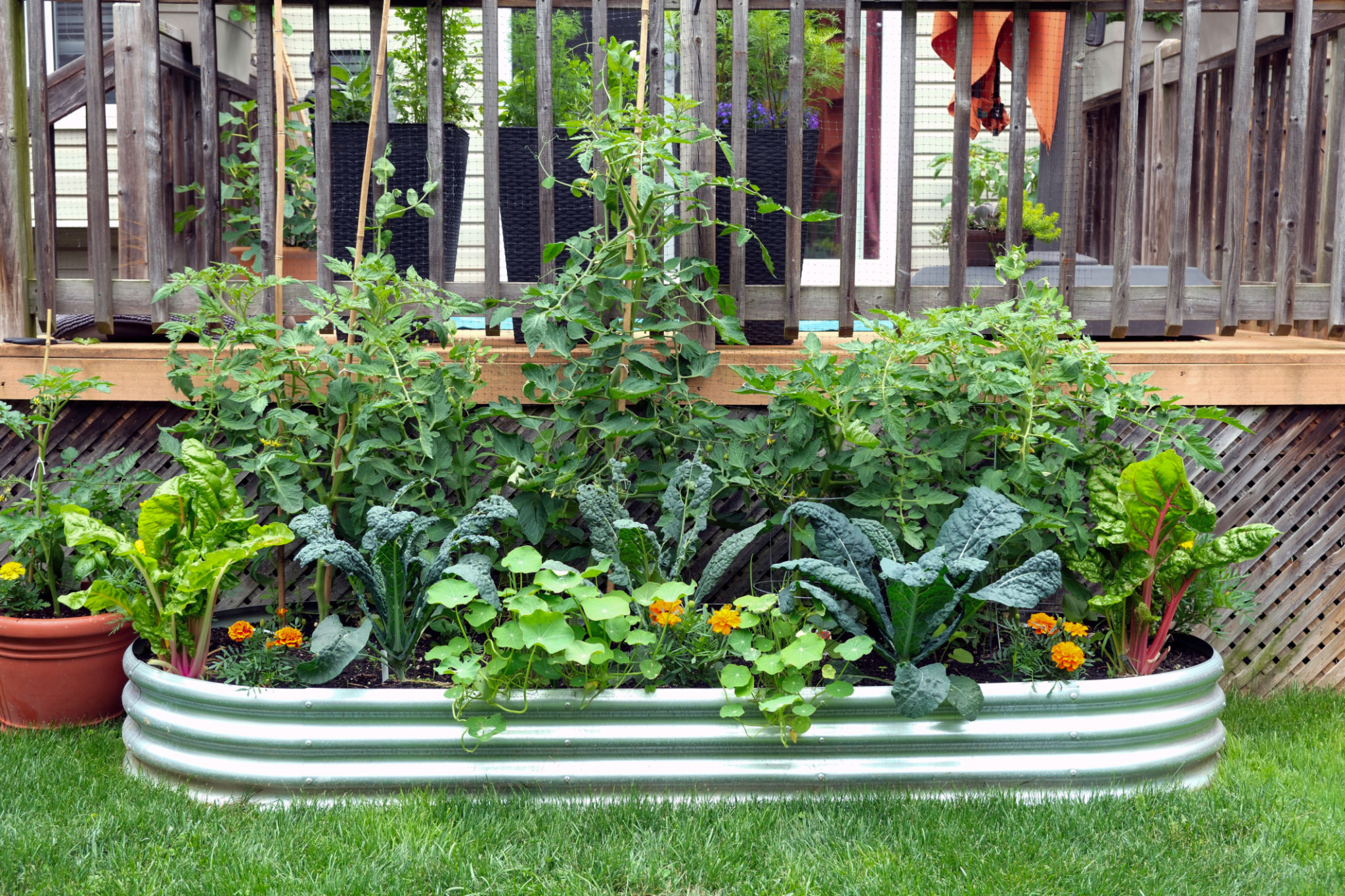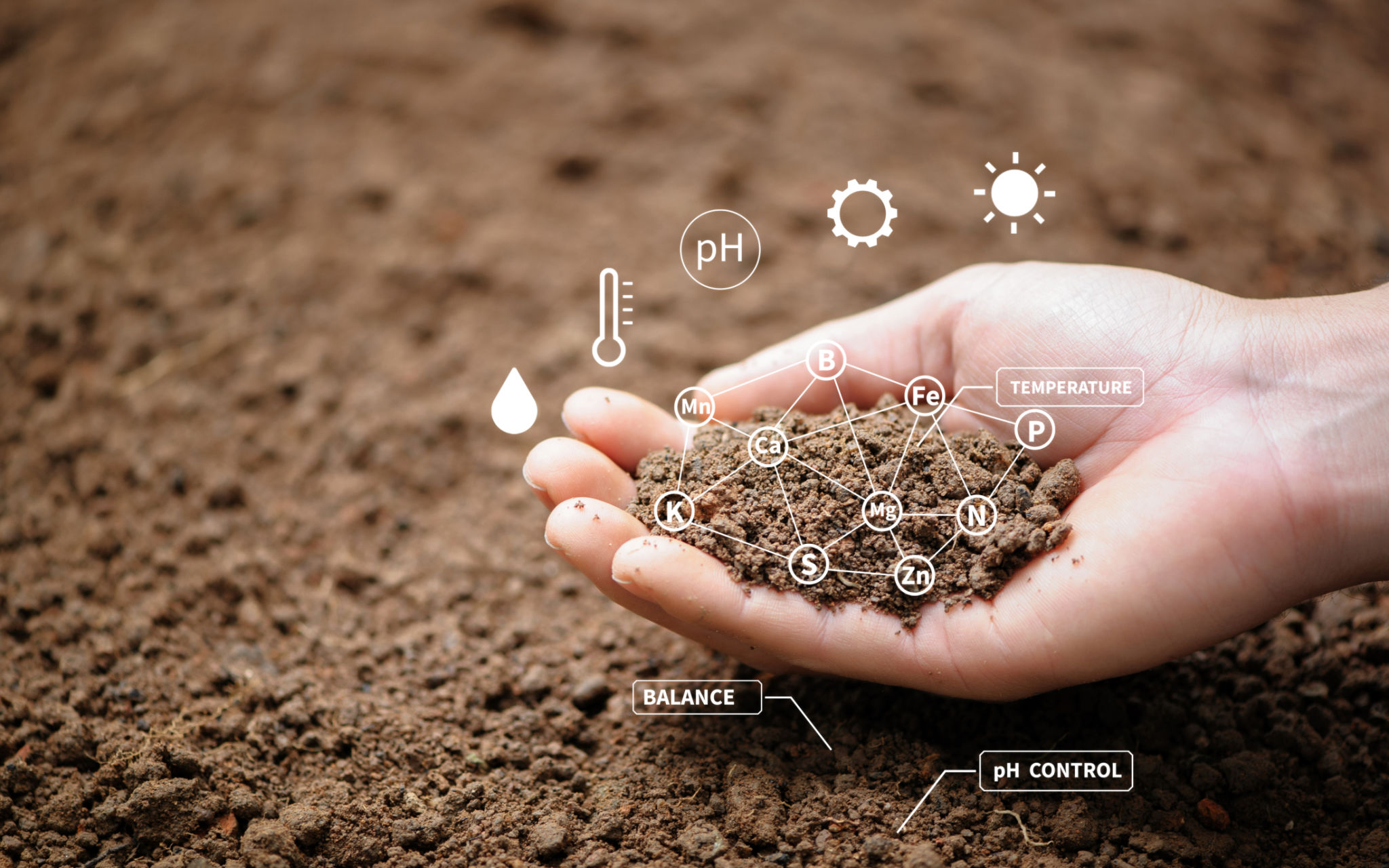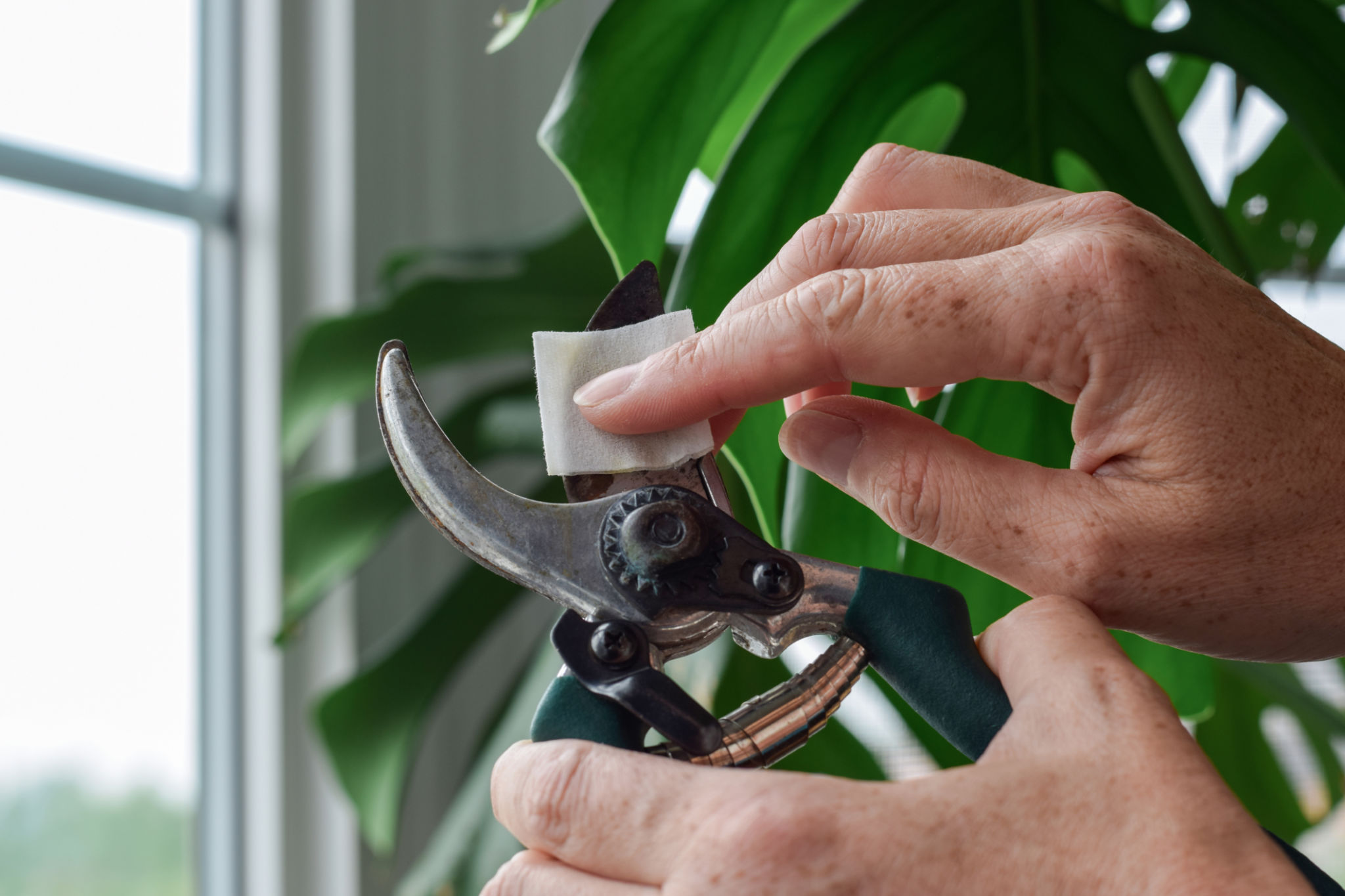Creating Eco-Friendly Gardens: The Role of Soil Screening
Understanding Eco-Friendly Gardening
Creating an eco-friendly garden is not just about planting native species or reducing chemical use; it involves a holistic approach to nurturing the environment. One of the key components in achieving this is understanding the soil, as it plays a pivotal role in the health and sustainability of your garden. A well-maintained soil ecosystem supports plant growth, fosters biodiversity, and enhances water retention.

Soil screening is a vital process in this context, as it helps identify and remove unwanted materials, ensuring the soil is rich and healthy. This process can significantly impact plant health and the overall success of your gardening efforts. By focusing on soil quality, you can create a thriving garden that benefits both nature and your local ecosystem.
The Importance of Soil Screening
Soil screening involves analyzing soil composition to determine its suitability for gardening. It helps in identifying contaminants, pH levels, and nutrient availability. This information is crucial for making informed decisions about what plants to grow and what amendments might be necessary.
One of the primary benefits of soil screening is the identification of heavy metals or pollutants that could harm plant life and potentially enter the food chain. By removing these elements, you contribute to a safer and more sustainable environment.

Methods of Soil Screening
There are several methods for screening soil, ranging from simple DIY tests to comprehensive laboratory analyses. Here are a few common approaches:
- Visual Inspection: This involves examining the soil for visible debris, unusual colors, or textures that might indicate contamination.
- Home Testing Kits: These kits can help test pH levels, moisture content, and basic nutrient availability.
- Professional Laboratory Testing: For a detailed analysis, professional testing can provide insights into trace elements, organic matter content, and potential contaminants.
Each method has its advantages and drawbacks; however, combining them can offer a comprehensive understanding of your soil's health.

Integrating Soil Screening into Your Gardening Routine
Once you have screened your soil, it's essential to integrate these findings into your gardening practices. This could involve adjusting your composting techniques, choosing specific plant species that match your soil conditions, or using organic fertilizers to improve nutrient content.
Consider starting a logbook to track changes and improvements in your soil over time. This will help you understand the impact of your efforts and make necessary adjustments to optimize your garden's eco-friendliness.
Benefits of Eco-Friendly Gardens
Cultivating an eco-friendly garden offers numerous benefits beyond environmental impact. These gardens often require less maintenance, reduce water usage, and support local wildlife. By aligning your gardening practices with nature’s rhythms, you contribute to a healthier planet while enjoying a beautiful and productive outdoor space.
The integration of soil screening into eco-friendly gardening is not just about improving plant health; it's about fostering a connection with nature and understanding the intricate balance needed to sustain it. By taking these steps, you can create a garden that is not only beautiful but also beneficial to the planet.